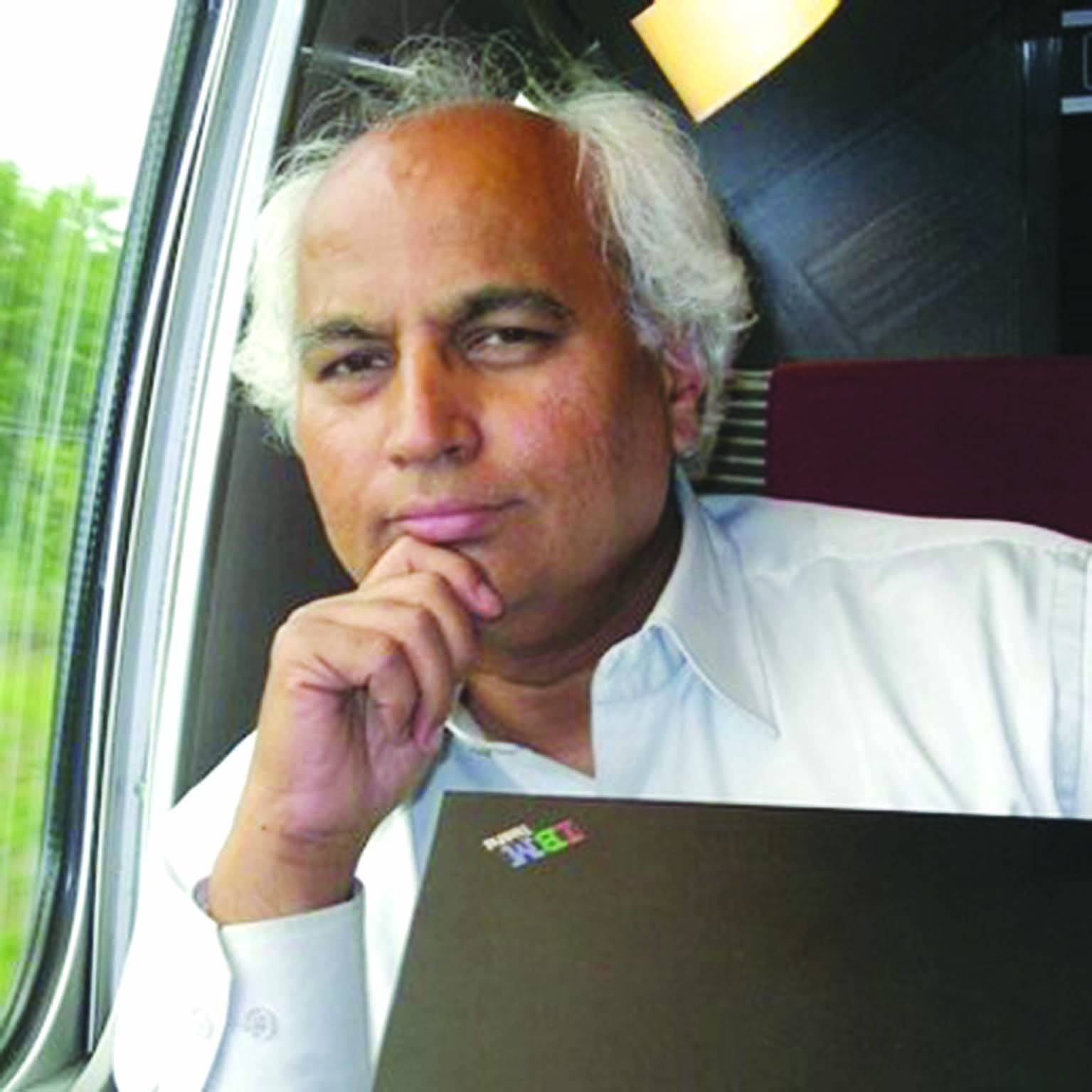 Confucius (551-479 BCE) was a master teacher, a gurudev. He had extraordinary love of learning and deep respect for the laws of ancient China, writes Sudheendra Kulkarni
Confucius (551-479 BCE) was a master teacher, a gurudev. He had extraordinary love of learning and deep respect for the laws of ancient China, writes Sudheendra Kulkarni
Whenever I visit Beijing, I make it a point to visit Wangfujing Street for English language books. There I always find illuminating books on Chinese philosophy, culture, arts and even politics. Two years ago, I found an intriguing title Higher Education and The Universal Order. Higher education normally connotes post-school education in colleges and universities. This book is about something altogether different. It is a classic on Confucian philosophy, which has nourished and sustained Chinese civilisation, and given it its unique personality.
Confucius (551-479 BCE) was a master teacher, a gurudev. He had extraordinary love of learning, and deep respect for the laws of ancient China. An embodiment of humility, he claimed he was not the originator, only a transmitter of the knowledge and wisdom of ancient sages of the golden age of Chinese history. This is one reason why ancestor worship is ingrained in Chinese culture. “Love for ancients” is widely appreciated as the hallmark of an educated individual.
According to Confucius, every student seeking knowledge in higher education has to cultivate five moral virtues: ren, i.e, altruism, compassion and loving others as one would like to be loved by them; yi (righteousness); li (good conduct); zhi (pursuit of knowledge); and xin (loyalty). Knowledge for the sake of knowledge was anathema to this philosopher-sage who is widely revered in China to this day. He believed education should morally reform society. He propagated harmonisation of the moral conduct of individuals, families and governments with moral laws of the universe. In words that echo the philosophy of Mahatma Gandhi, he said: “The moral law is a law from whose operation we cannot escape even for one moment in our existence… Truth is the law of God. Acquired and applied truth is the law of man.”
Confucius, says the book, “showed that (these moral laws of humanity) harmonise with the divine order which governs the revolutions of the seasons in heaven above and they fit with the moral design which is to be seen in physical nature upon the Earth below. They form one system with the laws by which Heaven and Earth support and contain, overshadow and canopy all things. It is the same system of laws by which the seasons succeed each other and the sun and moon appear with the alternations of day and night. It is the same system of laws by which all created things are produced and develop themselves each in its order and system without injuring one another; the lesser forces flowing everywhere like river currents, while the great forces of Creation go silently and steadily on. It is this —one system running through all — that makes the Universe so impressively great.”
According to Ravi Bhoothalingam, a profound scholar of Confucian philosophy, “it has created a unique synthesis of peace, harmony, cultivation of virtues, ethical conduct, nurturing of family values, search for knowledge and good governance. What Confucius says in his ‘Great Learning’ still sounds strikingly scientific and contemporary”.
When things are investigated, knowledge is extended
When knowledge is extended, thoughts are made sincere,
When thoughts are made sincere, the heart and mind are rectified,
When the heart and mind are rectified, the personal life is cultivated,
When the personal life is cultivated, then the family is regulated,
When the family is regulated, the state will be in order,
When the state is in order, there will be peace throughout the world.
The Confucian philosophy of higher education is not only directed towards ordinary individuals. As the book says, it is even more applicable to rulers. “When a ruler gains the hearts of the people, he will gain the kingdom; when he loses the hearts of the people, he will lose the kingdom.” After reiterating that “what makes a nation prosperous is not wealth and material prosperity, but honour and duty,” Higher Education states: “Those in authority should not accumulate wealth for personal gains, but bring benefits, in accordance with their duty, to society and the people”.
This message to corrupt rulers is made even more unambiguous in the following instruction. “A ruler can be likened to a boat, and the people to water. A boat can float on the water, yet waves can also turn the boat upside down.” Hence, Confucianism is not a philosophy of conformism. If the rulers go astray, people power must be mobilised to oust them.
Another timeless Confucian precept is “maintain harmony though differences exist”. Today there are serious differences and border demarcation disputes, between India and China. Can war or a costly arms race resolve them? Never. As neighbours, we must follow the path of trust-promoting dialogue and cooperation, so that differences are minimised and disputes resolved. Surely, what the leaders of our two countries need is higher education of the type extolled by this great guru.
(Sudheendra Kulkarni was aide of former prime minister Atal Bihari Vajpayee (1999-2004) and currently the Mumbai-based founder of Forum for South Asia)
Also read: CBSE syllabus reduced by 30% for classes 9 to 12 this year























